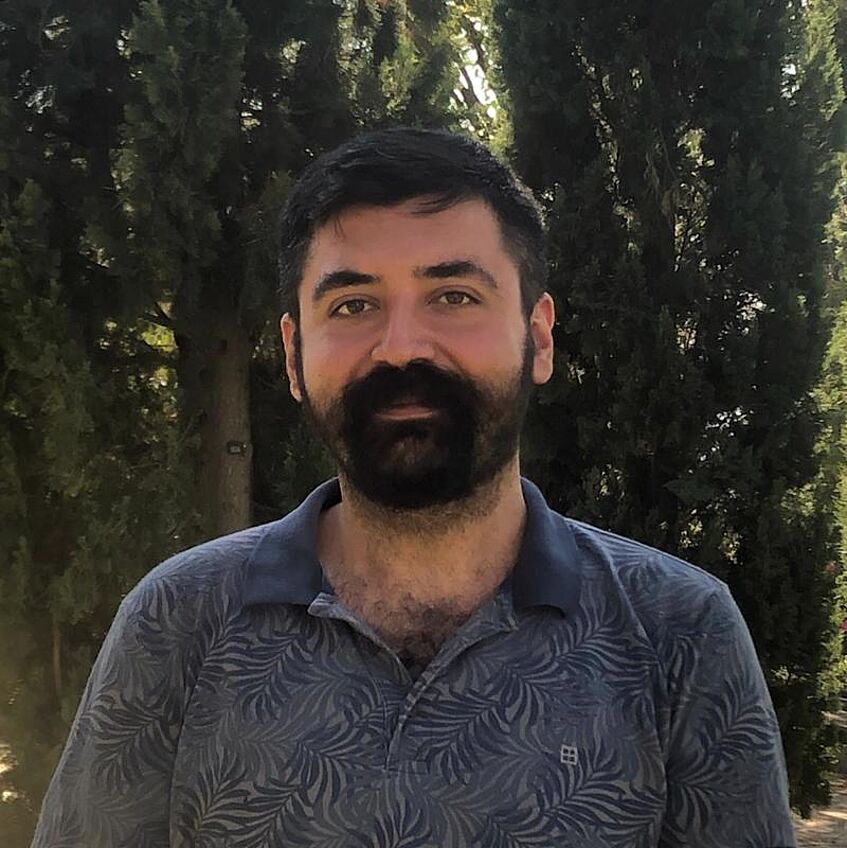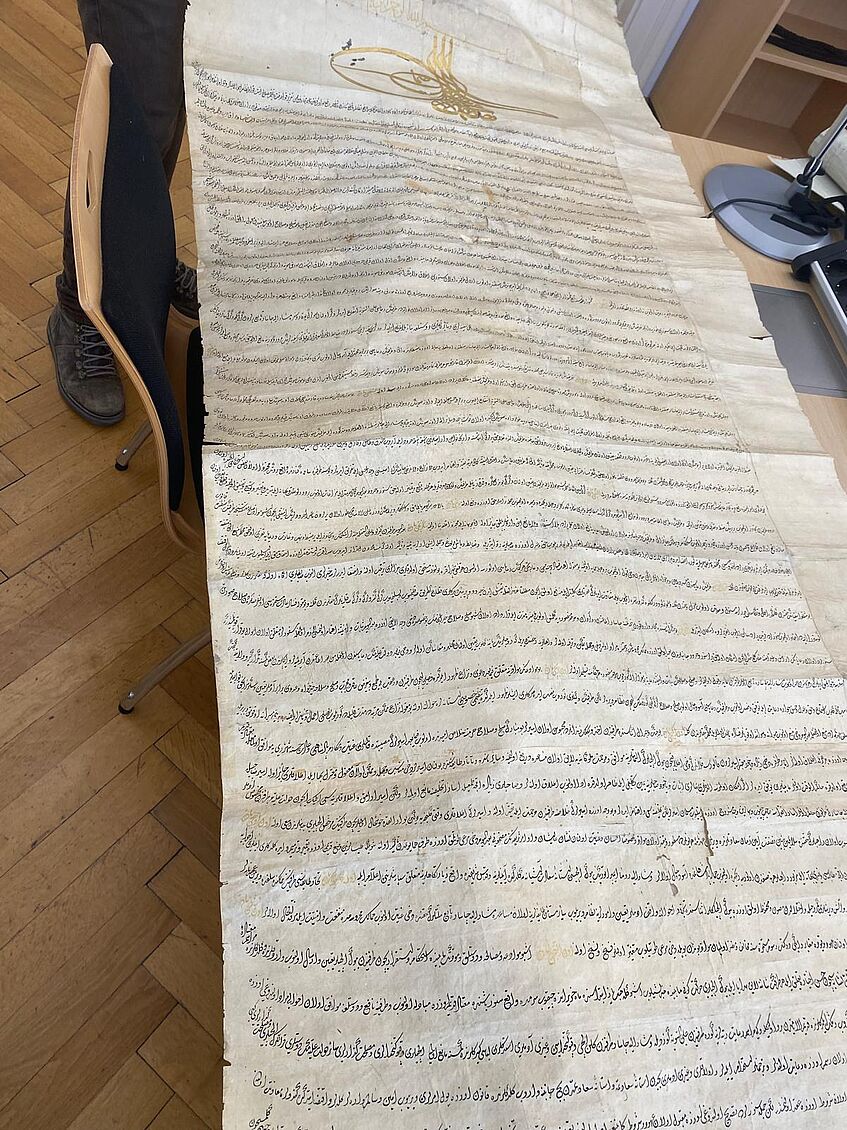Interview with Halit Serkan Simen


Interview with Halit Serkan Simen
Would you briefly introduce yourself?
I am a fifth-year doctoral candidate at the European University Institute in Florence. After completing my master's degree at the Central European University, I pursued a doctoral degree in Italy, where I could enhance my proficiency in another source language and collect the requisite archival materials. My research interests include political, diplomatic, military, and socio-economic history, encompassing the Ottoman Empire and the Mediterranean basin and frontier zones. Besides the early modern Ottomans, I am also engaged in the contemporary history of Turkey, with a particular focus on the popular political movements during the 1970s.
What are you currently working on?
My dissertation project, entitled “The Ruling Elite Divided: The Making of Grand Vizier Koca Sinan Pasha (d. 1596) in the Faction-Ridden Ottoman Court,” aims to reassess the late sixteenth-century Ottoman political configuration by concentrating on the career trajectory of Sinan Pasha, a grand vizier who held this position five times. It approaches the pasha as a “transitionary” figure, due to his unusual ability to accumulate and consolidate power within the faction-ridden court. Sinan Pasha’s transitional grand vizierate served as a blueprint for his successors during the late sixteenth and seventeenth centuries. His efficient relationship with the sultan, thanks to his skillful use of petition (telhîs) mechanism and management of complex state affairs, showcased his success in assuming the role of grand vizierate. As a result, the model he created was replicated in the following decades. Since competition and violence became the new norm in daily politics starting from the late sixteenth century, the strategies of the pasha to expand his household and patronage network, and primarily his political maneuvers to eliminate other viziers at the top echelons of the Ottoman administration were passed down to the succeeding grand viziers. Thus, tracking his political maneuvers in the court informs us about the transformative changes observed in the central administrative institutions of the Ottoman Empire during the period under consideration. Furthermore, it also provides insight into the behavioral patterns of the seventeenth-century ruling elite.
Why did you apply to the Andreas Tietze Memorial Fellowship?
Since starting my studies, I have always wanted to stay in Vienna, notably the University of Vienna, particularly after I chose to work on Ottoman history. Vienna University, its extensive library, the long tradition of the History and Orientalistik departments, along with recent initiatives in digital humanities, and the abundance of archival documents kept in the state archives and various collections provided an exceptional environment where to complete my doctoral studies. Moreover, the number of scholars engaged with the Ottoman world, either directly or indirectly, offered the possibility of providing substantial insights and contributions to my research.
How did the fellowship contribute to your research?
TThe fellowship significantly contributed to my writing for some reasons. Firstly, the department, including the professors, assistants, and researchers on specific projects, fosters intellectual engagement and provides an optimal environment for discussing one's studies, new sources, or questions. Secondly, the study area provided by the department enabled me to spend sufficient time on my studies, allowing for flexibility in working hours. Lastly, the libraries and archives had extensive resources and access to prominent databases, which proved invaluable during my tenure.
Do you want to publish or present your research to the academic community? How will it go further?
Upon completion of my dissertation, I intend to publish it as a monograph. Additionally, I have several article plans that I have either directly or indirectly referenced in my thesis. In addition to publishing my work, I am actively seeking opportunities to present my studies at international conferences and intend to continue doing so.
